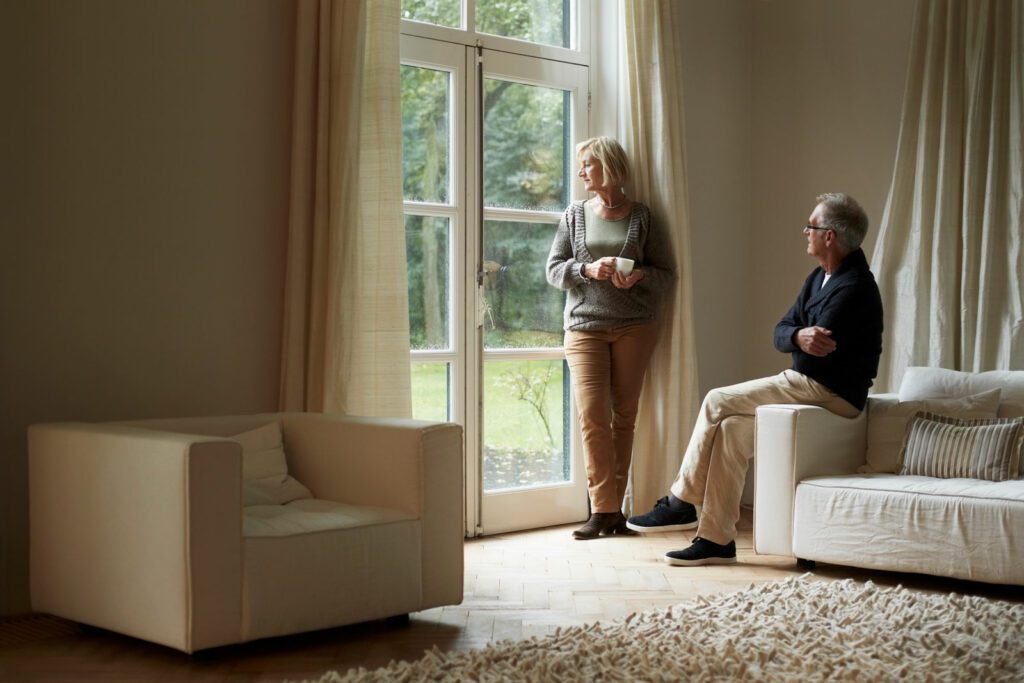“Michelmores are capable of dealing with a range of complex matters that may arise within the context of divorce proceedings.”
“Michelmores have a strong reputation for being robust and they fight their clients’ corner very strongly.”
“The family team one of the best in the area, with a well deserved reputation fantastic client care and strategic representation. They offer a high-level service that is then reflected in proceedings where bundles/pleadings are prepared immaculately and clients feel supported and confident. I am always delighted to work with Michelmores, knowing that the brief and papers will be immaculate and the client’s expectations well managed.”
“The family team at Michelmores has gone from strength to strength since being headed up by Daniel Eames. The team has expanded including by establishing a thriving office in Bristol. The family team at Michelmores have high quality work as a result of the excellent service the team provides. The team provides a high level of representation across the range of levels of seniority. Clients are represented by strong, determined solicitors who fight hard to secure the best outcome.”
“A full-service law firm with footholds around the world, they bring excellence wherever they go.”
“Daniel is phenomenal. He’s the person you go to if you have a tricky question about European law. He really understands and gets the dynamic of a case and knows how to run complicated, difficult litigation.”
Increasingly, couples are choosing to live together without getting married or entering into a civil partnership.
Lots of people believe that there is such a thing as ‘common law marriage’, i.e. if you are in a relationship and live together for a certain amount of time then you are in the same legal position as people who are married or in a civil partnership. This common misconception can lead to a nasty shock when cohabiting relationships end, sometimes resulting in lengthy and expensive legal disputes.
Unfortunately, the law which relates to cohabiting couples is rather outdated. This means that the protection for unmarried couples who live together is limited if the relationship ends. The legal arrangements and rights that apply are not the same or as extensive as those which apply to partners separating at the end of a marriage. This is the case even if their relationship mirrors all aspects of a marriage.
It is therefore important that you get the right legal advice about your rights and responsibilities. Our cohabitation solicitors are able to provide comprehensive advice on all aspects of cohabitation, whether you are at the beginning of a new relationship or if your relationship has come to an end.
To speak with one of our Family law solicitors, please contact us on 0800 923 0400.



















